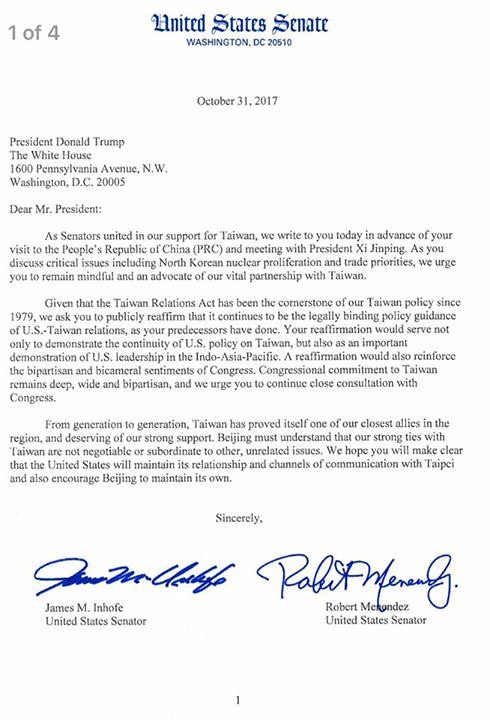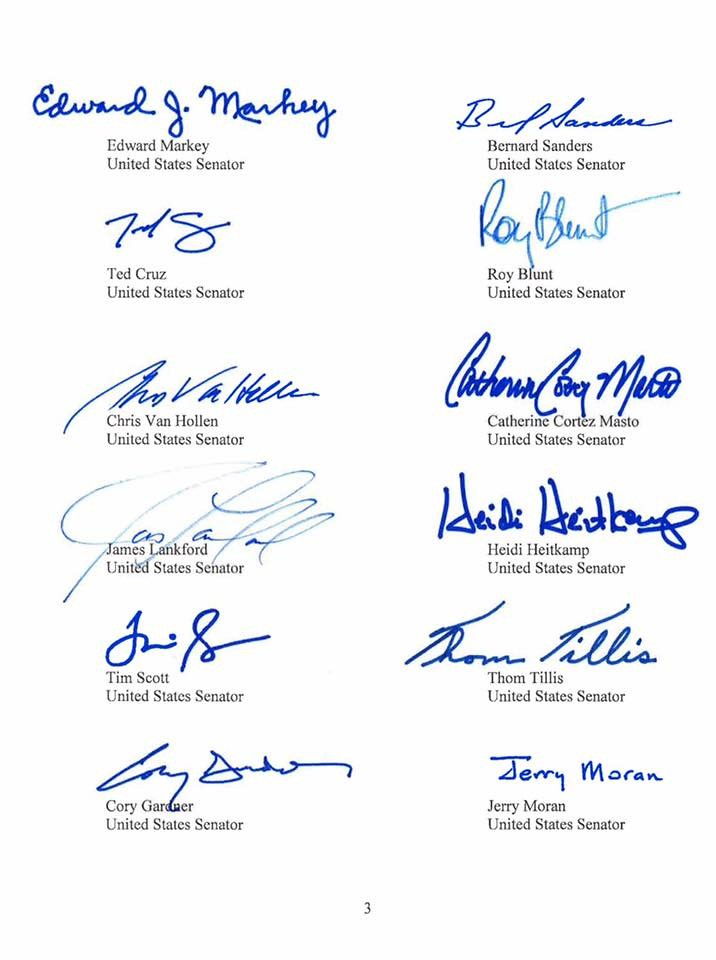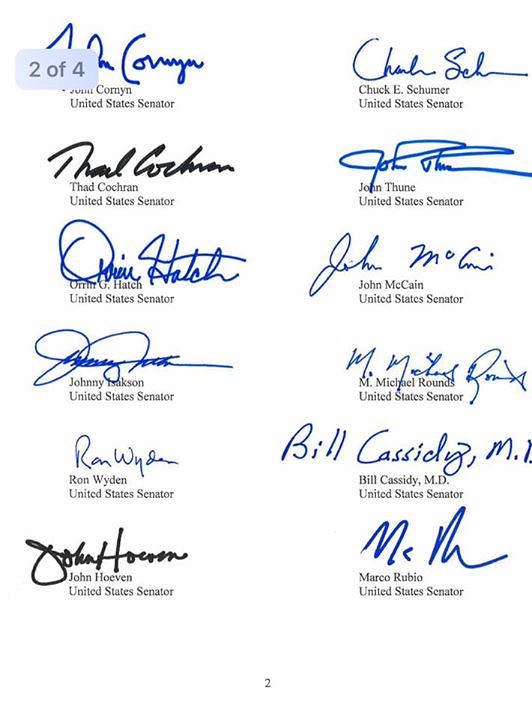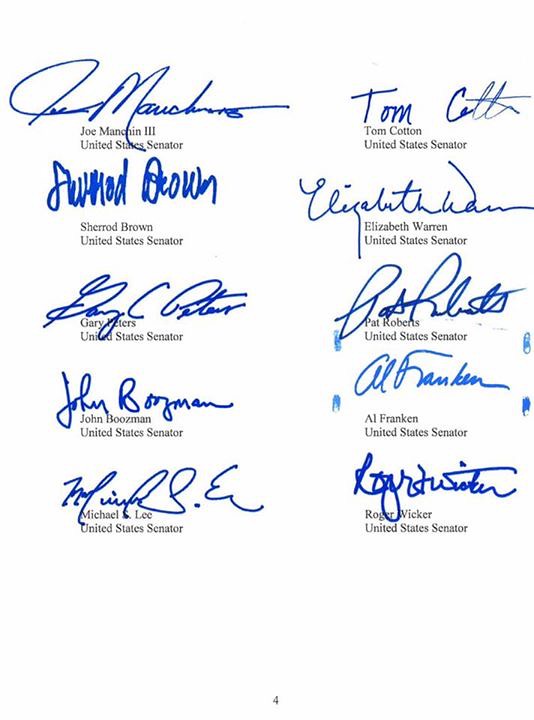I can't stand John Bolton, a man for whom the epithet "the worst" could have been invented for. John Bolton is the absolute worst.
But, although hearing anything from him makes me ill, it is important that we all digest the comments in his Wall Street Journal op-ed (without forgetting that he refused to testify before Congress because he is the worst). At the very least, I hope they will put to bed any notion that Trump is any sort of friend to Taiwan or Hong Kong.
Yes, this is a real belief - even people I know who can't stand Trump say "but he is good for Taiwan" or "I do like how he's strong on China". The Wall Street Journal is here to tell you that you are wrong:
But, although hearing anything from him makes me ill, it is important that we all digest the comments in his Wall Street Journal op-ed (without forgetting that he refused to testify before Congress because he is the worst). At the very least, I hope they will put to bed any notion that Trump is any sort of friend to Taiwan or Hong Kong.
Yes, this is a real belief - even people I know who can't stand Trump say "but he is good for Taiwan" or "I do like how he's strong on China". The Wall Street Journal is here to tell you that you are wrong:
I hoped Trump would see these Hong Kong developments as giving him leverage over China. I should have known better. That same month, on the 30th anniversary of China’s massacre of pro-democracy demonstrators in Tiananmen Square, Trump refused to issue a White House statement. “That was 15 years ago,” he said, inaccurately. “Who cares about it? I’m trying to make a deal. I don’t want anything.” And that was that.
Beijing’s repression of its Uighur citizens also proceeded apace. Trump asked me at the 2018 White House Christmas dinner why we were considering sanctioning China over its treatment of the Uighurs, a largely Muslim people who live primarily in China’s northwest Xinjiang Province.
At the opening dinner of the Osaka G-20 meeting in June 2019, with only interpreters present, Xi had explained to Trump why he was basically building concentration camps in Xinjiang. According to our interpreter, Trump said that Xi should go ahead with building the camps, which Trump thought was exactly the right thing to do. The National Security Council’s top Asia staffer, Matthew Pottinger, told me that Trump said something very similar during his November 2017 trip to China.
Trump was particularly dyspeptic about Taiwan, having listened to Wall Street financiers who had gotten rich off mainland China investments. One of Trump’s favorite comparisons was to point to the tip of one of his Sharpies and say, “This is Taiwan,” then point to the historic Resolute desk in the Oval Office and say, “This is China.” So much for American commitments and obligations to another democratic ally. [Emphasis mine].
I quoted at length because not everyone can jump over the paywall.
Let me make one thing clear. Taiwan does not need a savior. Taiwan does not want some world-ruining, self-interested fake white knight galloping in to defend a damsel in distress with his big manly sword. That is ludicrous.
President Tsai has been continuously strengthening Taiwan's military capabilities since she was elected (something her predecessor failed to do), and her popularity stems in part from her strong message of standing as a bulwark against China. She has been clear that Taiwan has the capability to repel a first wave of invasion from China. It can defend itself - for a time.
It seems clear that Taiwan, in general, doesn't want to stand alone against China. I also believe Taiwan is aware of the limitations of its indigenous defensive capability, and at what point help might be needed.
What Taiwan needs is support. Backup. On Taiwan's terms, as much as possible. And it's not in a position to slap away any hands offering it.
That's what differentiates this issue from every other mess the US has blundered into: the fact that Taiwan, generally speaking, wants the help, that it can defend itself to a degree, and that it has a functioning government that can get us through any conflict started by China, and guide us after it.
The current Congress has been good for Taiwan, passing plenty of legislation which is heartening to see after so many years of a supposed ally actively attempting to undermine Taiwan's ability to defend itself. That Congress is bipartisan, with Democrats voting for this legislation as much as Republicans. Even leftie darling Bernie Sanders has said he’d stand up to China. The support Taiwan needs is bipartisan and pan-political. It does exist.
We need to keep building that bipartisan support, and reaching out to better potential allies and friends, rather than slapping hands away.
Trump himself, however, has been a liability. Yes, he signed the bills passed by a bipartisan legislature, but he had to - they’d passed unanimously. In every other way he has done harm.
In his selfishness, inconsistency and inability to execute even the fundamental duties of his office, he is not a friend. He compared Taiwan to the tiny, inconsequential tip of a Sharpie, and asked Taiwan’s biggest enemy for help winning the next election:
One highlight came when Xi said he wanted to work with Trump for six more years, and Trump replied that people were saying that the two-term constitutional limit on presidents should be repealed for him. Xi said the U.S. had too many elections, because he didn’t want to switch away from Trump, who nodded approvingly.
Let me repeat: he is not your friend.
Xi Jinping is our generation's Hitler and the Communist Party of China is a terrorist organization which cannot be trusted to adhere to any negotiations or agrements. I don't even think this is a mere opinion - I mean, the literal concentration camps are currently in use. Trump told him they were fine. We need to deal with Xi the way we dealt with Hitler, and that does not include appeasement, turning a blind eye to blatant annexationism, asking the New Hitler to help you get re-elected and - oh yeah, did I mention the concentration camps?
Standing in the street, arms linked, wouldn't have stopped Hitler. A protest on Ketagalan Boulevard won't stop a Chinese air assault (it will give it a target). Nobody wants a war, and Taiwan will not start one (nor, I hope, allow one to be started in its name).
But Taiwan simply needs to be able to defend itself. There are few outcomes worse than war, but annexation by China is one of them.
We are not going to get to choose if China decides to start a war, and deciding that backup from imperfect sources is unacceptable (or may even be the cause of that war) is irrational. If there is a war, the cause will be China, period. I can't say it will happen, but we have to accept that it is possible. It would be great to exclaim that because Taiwan is being treated like a pawn, that we simply shouldn't play the game. Refusing to play is underrated! Sadly, in this case, we don't get a choice.
I don't want a war, but if I have to meet PLA soldiers in the streets with a baseball bat, well, it'd be great to have some backup. I can't speak for others, only myself, and only Taiwan can decide how it will meet that threat. As of now, however, its strategy seems clear: build defensive capability as much as possible, and reach out to the rest of the world for helping hands, because they might be needed. It's not Taiwan's fault that not all help comes from a perfect source.
But just because not all alliances are ideal does not mean that Trump is any sort of helping hand. Taiwan may need backup, but he will never be the one to consistently provide it. Taiwan may need friends (and may not always get to choose who they are), but he will never be one.
The people you need to help you fight Hitler is absolutely not the guy who says concentration camps are okay.







